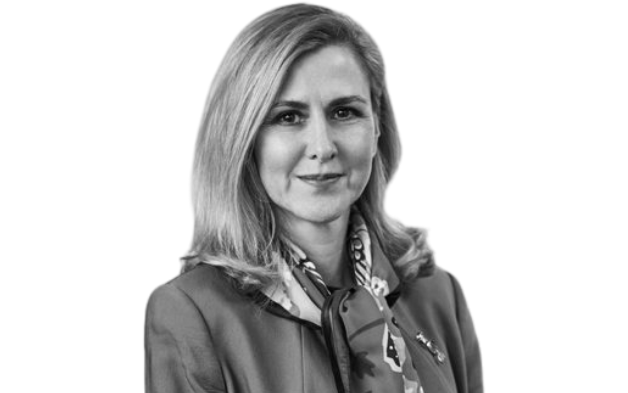The burden of sustainability reporting was a cause of consternation amongst investors gathered at Sustainability in Practice at Cambridge University, but new standards promise to streamline the process.
Set up last year, the International Sustainability Standards Board (ISSB) aims to achieve a single, global standard that sets out the risks and opportunities of investing in a company, said Sue Lloyd, vice chair of the ISSB which was set up by IFRS Foundation Trustees, the body responsible for international accounting standards.
Lloyd said that today’s confusing landscape needs to be replaced with transparent information on sustainable risks and opportunities that doesn’t preclude supporting impactful investment. “Things that a company does to the planet effect its value,” she said. “Corporate actions that effect value is information we are interested in.”
Lloyd stressed the importance of companies combining sustainable reporting in their financial statements because of sustainability’s link to financial outcomes. And she noted how ISSB standards have drawn a great deal on TCFD recommendations but also taken them up a notch, seeking more quantitative detail that explains different outcomes and impacts. Companies need to explain how they will achieve their carbon targets; how they will use offsets and the standards will detail what certification they require, she said.
Harmonisation
Lloyd also stressed the need for regulators to work across jurisdictions to coordinate legislation. The ISSB is working with the EU and the US’s SEC; although different regions are not on the same trajectory, harmonisation around mandatory requirements is important because it reduces the risk of greenwashing. “Markets are not served by having choices and alternatives,” she said. She added that from a cost and efficiency perspective, it is in the interests of investors to have a streamlined process; once standards are in place, the arguments can stop and the focus turn to solving the problem at hand.
PRI
Fellow panellist David Atkin, chief executive of the PRI, noted the reporting burden on PRI signatories did require revision. He told delegates the PRI plans to revise and reduce the workload for asset owners regarding their reporting requirements – releasing its findings on the issue shortly.
Investors face a myriad of challenges understanding new regulations and reporting standards; accessing data, shaping their net-zero commitments and holding corporates and fund managers to account in a bid to wipe out greenwashing. He noted how rules on climate related disclosure from the EU and US will bring down barriers to sustainable investment. “Our investors want the SEC to do more,” he said. Elsewhere, the UK’s Roadmap to Sustainable Investing that requires large pension funds to report in line with climate change regulations, is driving a new regulatory awareness.
Hélène Bussières, deputy head of unit at the European Commission, picked up on the importance of regulatory alignment. One of the main objectives of the sustainable working finance group is interoperability between jurisdictions, although she noted different regions have different priorities.
Cop 27: what to expect
Frances Way, executive director, Climate Champions team supporting the High-Level Champion for COP26, looked ahead to the expectations of COP27 in Egypt. She said the focus will be on the need to finance lower income countries, providing projects that can be scaled. Mobilization will be a key theme, focusing on how policy makers can unlock finance and solutions like, for example, using multilateral banks to catalyse private investment, a policy that has struggled. “If we don’t invest in [emerging economies] we all suffer and return to square one.”
The PRI’s Atkin noted the critical importance of a legal framework. He said that sustainable standards are a noisy and crowded field and that data needs streamlining. “This is something that will continue to be a major focus for the PRI. No one can solve it on their own,” he concluded.



